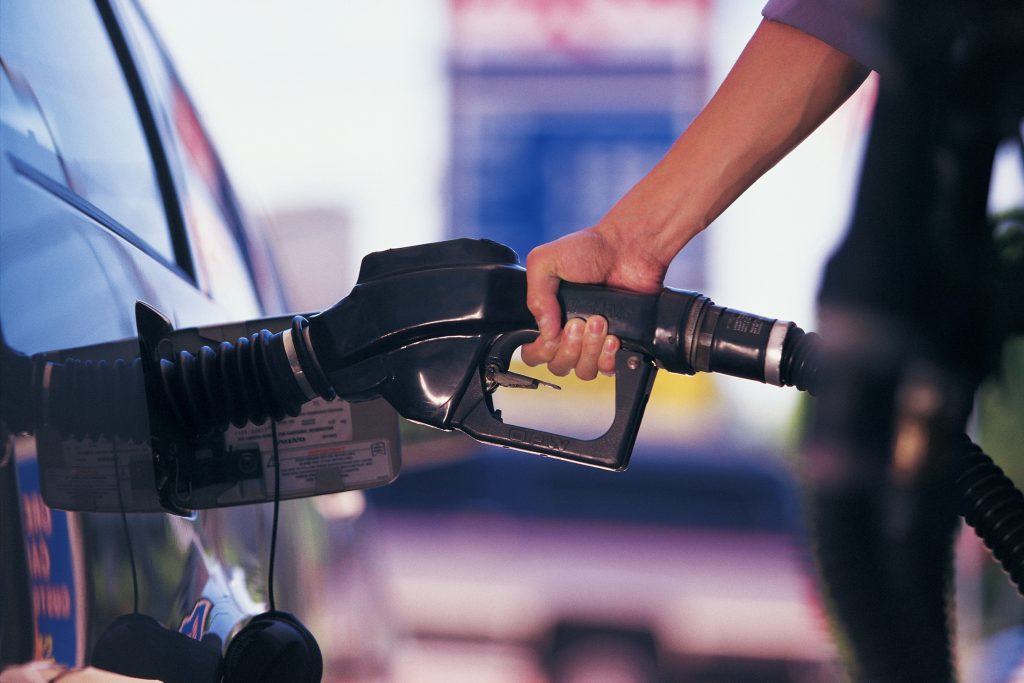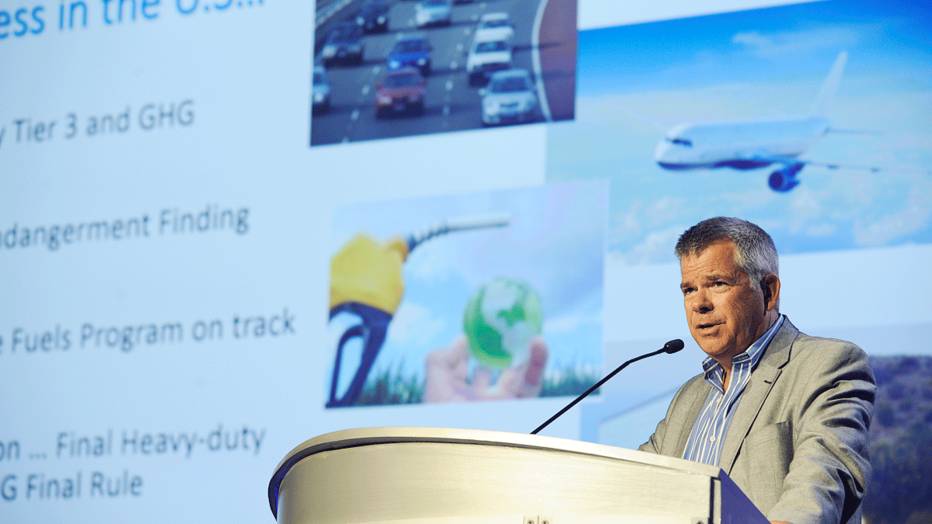It's Easier Here.
Leith Cars Blog

Right now when you go to the pump in the United States, you’ll typically find a choice between 87 (regular), 88-90 (midgrade), and 91-94 (premium) octane gasoline. But that may all change in the next ten years. Yesterday, the EPA suggested that they were exploring the idea of mandating higher octane fuel for cars in the United States.
Why?
Higher octane fuel itself is not more efficient, it’s just the fuel required for high compression engines. That’s why putting premium gas in a car built to run on regular won’t make it more efficient, clean it out, or do anything positive for it. The change in efficiency comes from the compression ratio of your engine. For those who don’t know, the compression ratio is the ratio between the volume of the cylinder and combustion chamber when the piston is at the bottom of its stroke, compared to when the piston is at the top of its stroke. This video explains compression ratio very well.
High-compression engines are more efficient and more powerful because they can extract more mechanical energy in a smaller space using less fuel. The EPA’s idea is meant to encourage car manufacturers to build higher-compression engines to boost fuel efficiency, not just to raise the fuel octane.

So what does that mean for us?
Our first reaction was: “Great, now we’ll be spending even more at the tank.” And we’d be willing to bet that was your first reaction too. But is that really the case?
Yes, but maybe not to the extreme we’re thinking. Premium’s high price is partly due to the lack of supply. Higher octane fuel does require more refining, but if it was mandated by the EPA oil companies would be forced to up the supply. There’s a good chance prices would balance out pretty quickly.
Plans to implement
There’s nothing officially planned as of now, but the EPA has committed to changing the landscape of motoring in the next 9 years. By 2025, they are projecting an average industry-wide mpg rating of 54.5mpg. Achieving this goal alone would cut about 6 billion metric tons of greenhouse gas emissions between now and 2025. It would also save families more than $1.7 trillion in fuel costs.
Brave new world
These are changes we can get behind. Helping out the planet and helping out our wallet without having to sacrifice performance or power sounds pretty good to us. But who cares what we think. We want to know what you think! So drop us a comment on Facebook and tell us what you think about the possibility of higher octane fuel.
More from my site








